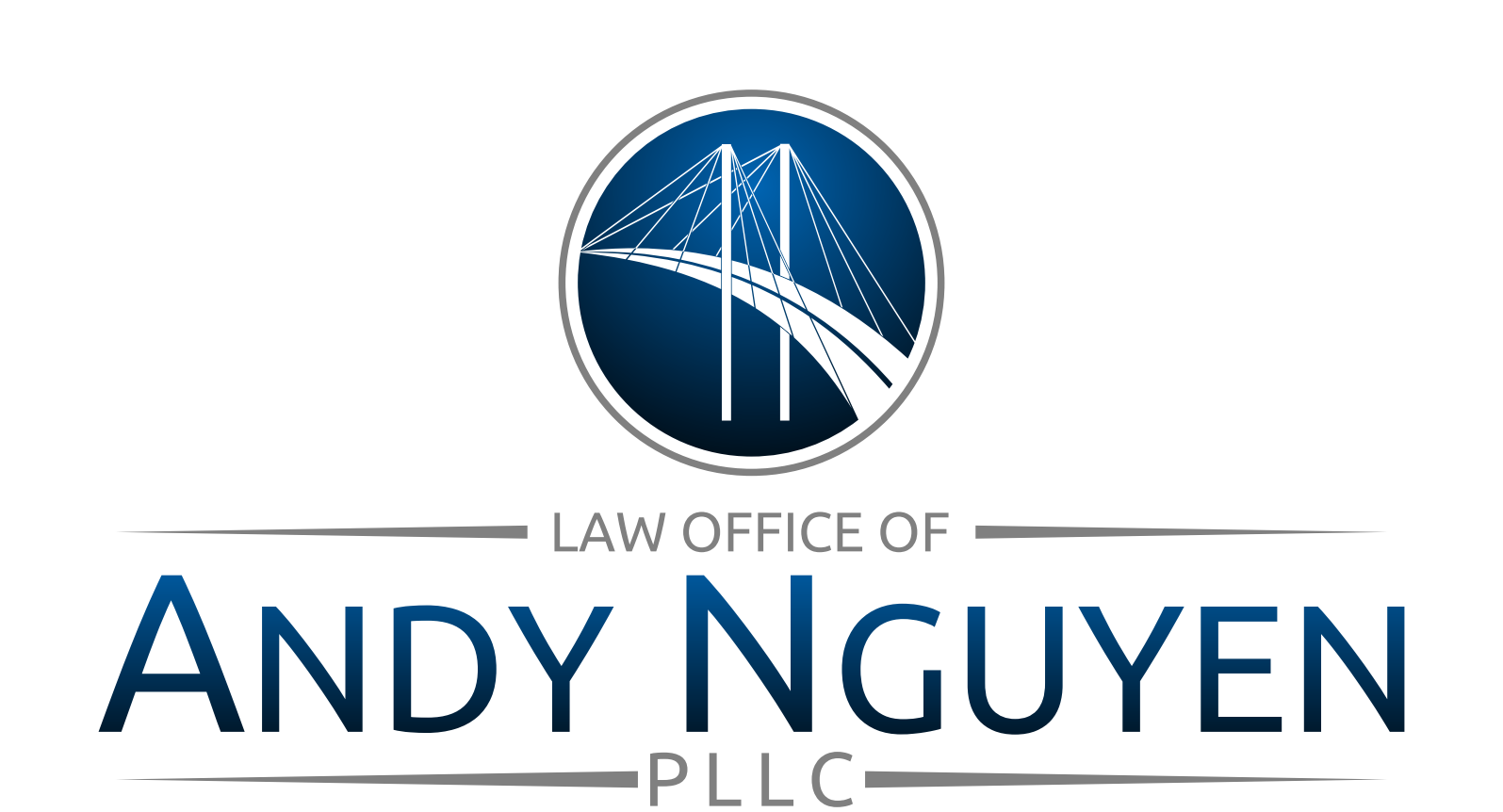Experienced Chapter 7 Bankruptcy Lawyer in Tarrant County, TX
Financial stress from overwhelming debt can be challenging and emotionally draining. At the Law Office of Andy Nguyen, PLLC, we understand the difficulties you're facing and want you to know you're not alone. Bankruptcy laws exist to provide relief and give you a fresh financial start. Our compassionate Arlington bankruptcy attorney helps people just like you in Arlington, Grand Prairie, Mansfield, and throughout the Dallas-Fort Worth Metro Area find lasting debt solutions through Chapter 7 bankruptcy.

What is Chapter 7 Bankruptcy?
Chapter 7 bankruptcy, also known as liquidation bankruptcy, offers individuals immediate relief from debt. It helps eliminate many unsecured debts, allowing you to rebuild your finances and regain control of your life.
Immediate Relief:
When you file Chapter 7 bankruptcy, an "automatic stay" is issued right away. This legal protection immediately stops:
- Creditor harassment and phone calls
- Wage garnishments
- Debt collection actions and lawsuits
- Foreclosures and repossessions (temporarily)
Long-Term Relief:
At the conclusion of your Chapter 7 case, most unsecured debts are eliminated (discharged). You no longer have to pay debts such as:
- Credit card bills
- Medical expenses
- Personal loans
However, certain debts, such as child support, alimony, student loans, and some tax debts, usually cannot be discharged.
Protecting Your Assets
Many clients worry they'll lose everything by filing Chapter 7. The truth is, Texas law provides protections that often allow you to keep critical assets, including:
- Your home (homestead exemption)
- A vehicle needed for daily transportation
- Personal belongings
- Qualified retirement accounts (like a 401(k) or IRA)
We will carefully review your financial situation and clearly explain what assets you can protect, easing your stress and uncertainty.
Schedule Your Confidential Consultation
Don’t wait to find relief from overwhelming debt. To discuss your options with an experienced bankruptcy lawyer, call the Law Office of Andy Nguyen, PLLC, at (817) 704-3303 or contact us online. We are committed to helping you start fresh and move toward a debt-free future.
We are a debt relief agency. We help people file for bankruptcy relief under the Bankruptcy Code.



